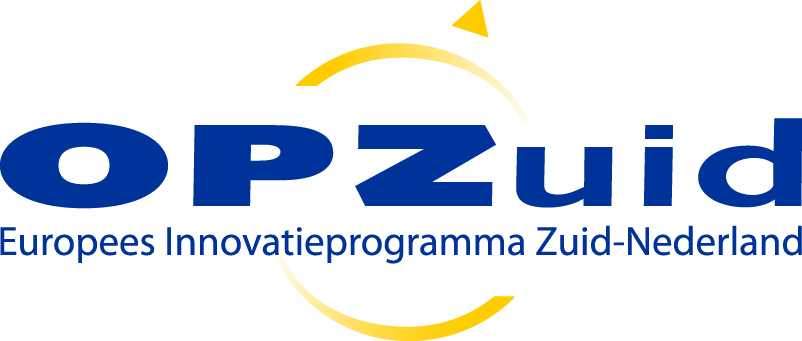Sleep disorders are more common than we think: more than 1 in 5 people are estimated to have a clinically relevant sleep disturbance, and in most cases, it results in a chronic condition such as depression, cardiovascular disease, and obesity. Sleep disorders involve problems with the quality, timing and amount of sleep, which cause problems with functioning during the daytime. Without a correct clinical diagnosis and treatment plan, consequences include lost productivity, workplace accidents, and motor vehicle accidents, and in the long-term comorbid diseases.
About one billion people suffer from a clinically relevant sleep disorder, yet 80% remain undiagnosed. The current gold standard for sleep diagnosis, Polysomnography (PSG) systems requires the patient to wear a large number of sensors and belts at various areas of the body. The process is very cumbersome and time consuming for both the patient and the sleep clinic. The need for trained personnel to conduct a sleep study and limited capacity at the sleep clinic also results in long waiting times for the patients.
OP-SLEEP project aims to develop and bring to the market a new sleep diagnostic polysomnography system for diagnosis and monitoring of sleep disorders. OP-SLEEP is a collaborative project between Onera (high-tech SME), Eindhoven University of Technology and the Kempenhaeghe Foundation. Within the OP-SLEEP project, the consortium is developing a PSG system that can be applied quickly and easily by the patient himself, without the intervention of specialized personnel. The new technology will lead to a breakthrough in sleep diagnostics, resulting in lowering the costs for sleep studies, increasing patient comfort, and shortening waiting times to get sleep diagnostics.





